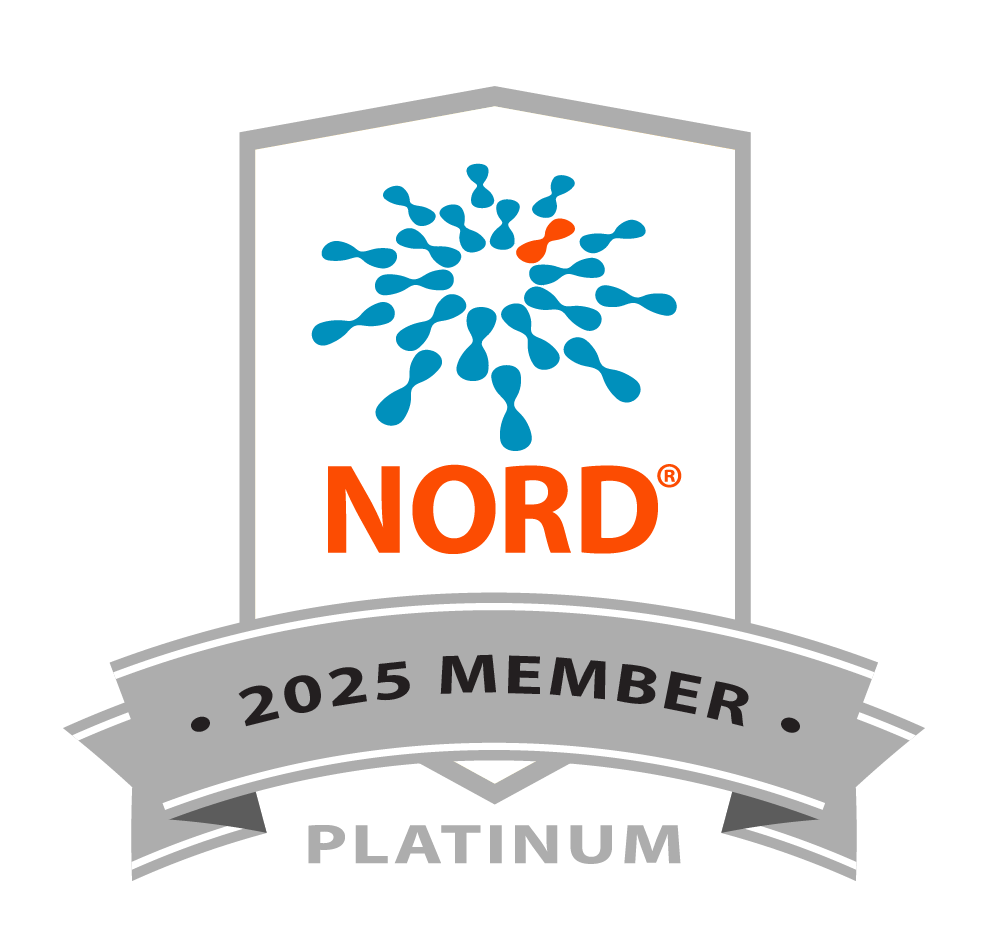Multiple contributing factors have been linked to the development of chronic constipation. The most common of these include:
- increase in age (especially over the age of 65)
- the female sex (potentially due to physical and hormonal differences)
- reaction to medications (prescription and over-the-counter)
- decreased fiber and water intake
- reduced physical activity
Studies also show that CC is found more commonly in certain demographic populations:
- non-Caucasians
- those with lower levels of education and income
- patients with histories of depression or abuse.
Despite these factors, constipation can and does affect individuals of all ages, genders, races, and socioeconomic backgrounds.
Types of Chronic Constipation
In general, causes of CC can be separated into two major categories: primary or secondary.
Primary Constipation
Primary constipation is also often referred to as Chronic Idiopathic Constipation. These primary disorders can be broken down further into three distinct categories: normal transit constipation (NTC), slow transit constipation (STC), and evacuation disorders.
Normal-Transit Constipation (NTC)
Normal Transit Constipation (NTC), as its name implies, indicates that bowel movements move at a normal speed through the colon. Most individuals with NTC have symptoms consistent with irritable bowel syndrome with constipation (IBS-C).
Slow-transit (STC)
Slow Transit Constipation (STC), as its name implies, indicates that BMs move more slowly through the colon. This is caused by gut dysmotility. This form of constipation is often treated with fiber and laxatives. However, if this does not help, a healthcare provider can discuss other options for relief.
Evacuation Disorders
Evacuation disorders are causes of constipation linked to the pelvic floor, a group of muscles supporting the organs in the lower part of the abdomen, located between the hip bones. These muscles help bowel movements. Anatomical (or structural) abnormalities in the pelvic floor can affect your bowel movements. Some people are born with such abnormalities; others experience them after changes to the pelvic floor, such as surgery. However, functional defecation disorders (FDDs) are the most common form of evacuation ailment. FDDs occur when the colon’s muscles do not appropriately allow the passage of BMs out of the last part of the colon. In many instances, this causes dyssynergic defecation (DD)—an inability to relax your pelvic floor muscles to have a BM and/or spasms in the pelvic floor muscles which lead to difficulty passing BMs. Imagine there is a closed door at the bottom of the colon: when we receive the urge to have a BM and bear down or push to have a BM, the muscles in the pelvic floor should relax so that the door opens to allow the BMs to pass. With FDDs, however, the door does not open enough or tightens even further. It is important to identify this condition early because the treatment is different than the treatments for NTC and STC.
It can be difficult for healthcare providers to tell the difference between these disorders because symptoms alone in most instances cannot be used to separate one type of constipation from another. Some people have several contributing factors leading to their constipation. For example, up to 50% of patients with a FDD will also experience STC at the same time. Consequently, these syndromes can overlap, and identification of all the underlying issues is essential for developing the best treatment plan.
Secondary Constipation: Causes associated with another condition or medication
Secondary implies that the constipation is caused by, or associated with, another medical condition or use of a medication known to cause constipation.
Medical Conditions Associated with the Development of Chronic Constipation
| Potential Secondary Causes | Examples |
| Mechanical Obstruction | Strictures, Inflammation, Tumors, External compression |
| Endocrine/Metabolic Disorders | Diabetes, Hypothyroidism, Hyper/Hypocalcemia, Hypokalemia, Hypomagnesemia, Cystic Fibrosis, Uremia, Heavy Metal Poisoning |
| Neuropathies/Myopathies | Scleroderma, Parkinson’s Disease, ALS, Stroke, Spinal Cord injuries or congenital defects, Multiple Sclerosis, Dysautonomia |
| Pregnancy |
Medications Associated with Constipation
Note: Many medications list constipation as a side effect and not all are listed here. Be sure to tell your doctor about any drugs or supplements being taken, both prescription and over-the-counter.
Medications Associated with the Development of Chronic Constipation*:
| Prescription Drug Family | Common Usage | Examples |
| Opioids (narcotics) | Pain relief | Hydrocodone, Oxycodone, Fentanyl, Morphine, Codeine |
| Anticholinergics | Relief of muscle spasms/cramps of the bowel/bladder | Hyoscyamine, Dicyclomine, Belladonna |
| Tricyclic antidepressants | Depression/Functional Bowel Disorders | Amitriptyline, Imipramine |
| Antihypertensives | Reduce Blood Pressure, Betablockers, Calcium channel blockers, ACE inhibitors | Metoprolol, Nifedipine, Enalapril |
| Diuretics | Reduce fluid retention | Furosemide, Bumetanide |
| Bile acid sequestrant | Reduce cholesterol | Cholestyramine, Colestipol |
| Anticonvulsants | Reduce potential for seizures | Phenytoin, Valproic Acid |
| Non-prescription Drugs | Common Usage | Examples |
| Antacids (calcium & aluminum containing) | Relieve heartburn and stomach discomfort | Maalox, Mylanta, Gaviscon, Tums, Rolaids |
| Iron supplements | Iron deficiency anemia | Iron sulfate |
| Calcium supplements | Calcium deficiency | Calcium carbonate, Calcium citrate |
| Antidiarrheal agents | reduce diarrhea | Loperamide, Bismuth |
| Nonsteroidal anti-inflammatory agents (NSAIDs) | Reduce inflammation | Aspirin, Ibuprofen, Naproxen, Diclofenac, Meloxicam |
| Antihistamines | Control allergies | Diphenhydramine |
Adapted from IFFGD Publication: Constipation Overview by Darren Brenner, M.D., AGAF, FACG, Associate Professor and Director of the Neurogastromotility Program, Division of Gastroenterology, Northwestern University Feinberg School of Medicine, Chicago, IL









